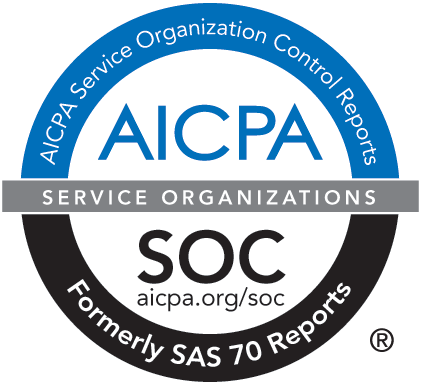Back to School: Learning the Language of Charitable Gift Planning
September 4, 2025 - Backpacks, bell schedules and…beneficiaries? As the school year kicks off, we’re diving into the ABCs of charitable gift planning, because understanding the language of giving is just as foundational as knowing your multiplication tables.
If you’ve ever felt overwhelmed by charitable gift planning terminology, you’re not alone. Whether you’re a donor or a nonprofit professional, the lingo of planned giving can feel intimidating. But it doesn’t have to be. In our new blog series, we’re breaking down the jargon to make charitable giving more accessible, empowering you to make informed, impactful decisions.
This week, we’re laying the groundwork with essential estate planning terms. These are the building blocks every donor and nonprofit should feel confident using. Bookmark this page for future reference as you continue your philanthropic journey.
Estate Planning Glossary
- Beneficiary: The person or entity designated to receive the assets or benefits of someone else’s financial account, policy, will or trust.
- Bequest: A gift of assets made by will or trust.
- Codicil: A legal document that amends a will.
- Decedent: An individual who has passed away.
- Estate: The total property and assets owned by a person.
- Estate Tax: A federal tax on the transfer of an estate at death, levied on the total value of the estate and imposed prior to the distribution of assets to heirs.
- Executor: The person who is appointed in the will of a decedent to manage the disposition of the estate and to carry out the wishes of the decedent.
- Gift Tax: A federal tax levied on the transfer by gift of any type of property.
- Guardian: A person appointed in a will to care for someone who cannot care for themselves and/or to manage that person’s assets.
- Healthcare Power of Attorney (or Medical Power of Attorney): A legal document that allows an individual to appoint another person to make medical decisions on their behalf, should they become incapacitated.
- Heir: An individual legally entitled to receive property from a decedent when there is no will or trust in place.
- Intestate: The condition of a person (and their estate) who dies without a valid will.
- Inter Vivos: A legal term, literally meaning “between the living,” that refers to any giving that occurs while a person is alive, whether outright or through trusts.
- Living Trust (or Revocable Trust or Inter Vivos Trust): A trust created during the trustor’s lifetime and is revocable before their death.
- Per Capita: A legal term, literally meaning “by head,” which designates that if a beneficiary of a will dies before the individual who makes the will, the beneficiary’s share of the inheritance is then redistributed among the surviving beneficiaries.
- Per Stirpes: A legal term, literally meaning “by roots” or “by branch,” which designates that when the beneficiary of a will dies before the individual who makes the will, the beneficiary’s share of the inheritance passes to their descendants.
- Power of Attorney: A legal document that allows an individual to appoint another person to act on their behalf in specific financial, legal, or medical matters.
- Probate: The judicial process of validating a will, paying debts and administering the estate assets of a decedent.
- Testamentary: Refers to anything of or related to a will.
- Testator: A person who has made a will.
- Trust: A fiduciary arrangement where property is transferred from one party (“trustor” or “settlor” or “grantor”) to another party (“trustee”) to manage for the benefit of a third party (“beneficiary”).
- Unified Gift and Estate Tax Exemption: The total value of assets an individual can transfer to others during their lifetime or through their estate without incurring federal gift or estate taxes.
- Will: A legal document expressing an individual’s wishes regarding the distribution of their estate after their death.
What’s Next?
That’s a wrap on today’s lesson. In our next post, we’ll explore the vehicles that drive charitable giving, from donor-advised funds to charitable remainder trusts.
While this glossary is a great starting point, charitable gift planning is deeply personal. Our trust and legal team is here to help tailor strategies that align with your values, financial goals and philanthropic vision.
To learn more, visit highgroundadvisors.org/gift-planning or contact us directly at 214.978.3300 or legalteam@highgroundadvisors.org.
Read More
Back to School: Giving Vehicles
Back to School: Noncash Assets



